Experiences and encounters
A stay at the Pacherhof is special in every way – and it will stay in your heart forever. We are convinced that long-lasting relaxation is only possible when you can take a piece of your holiday back home with you: a lasting memory. A dash of happiness. An encounter with emotional echoes.
In harmony with man and nature
Truly authentic experiences get under the skin and anchor themselves in our memories – later, we can draw on them and make those feelings come alive again. That’s we have collected experiences for you in and around the Pacherhof that will make you find harmony with other people and nature. During a chat with the winemaker Andreas Huber, during a casual conversation with your host Monika, during a cellar tour with host Michl, and during many other experiences, you’ll create lasting memories.
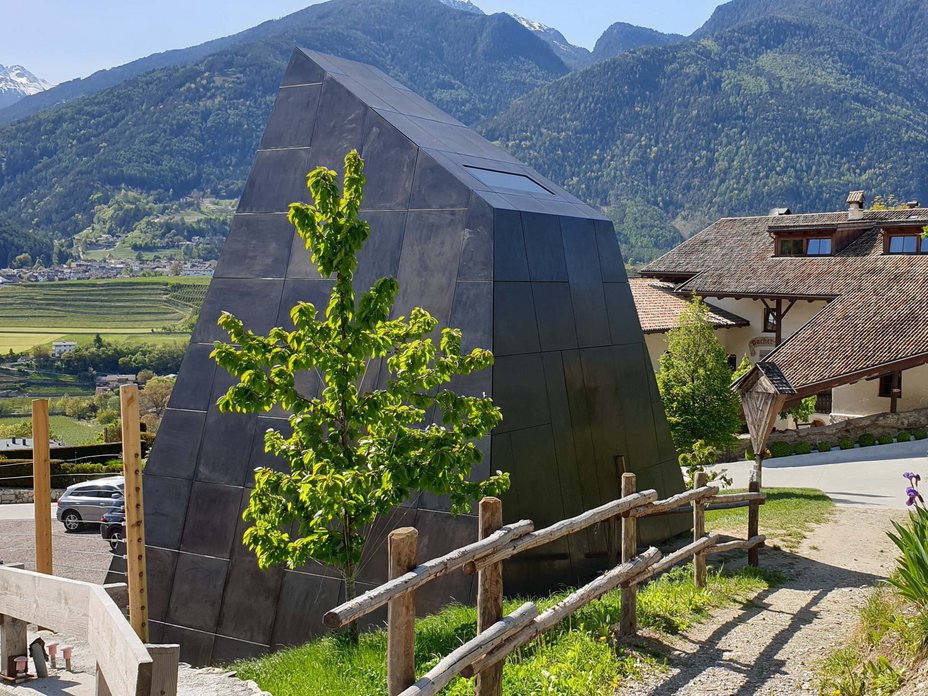
Experiences in Valle Isarco/Eisacktal
Authentically South Tyrolean. Close to nature and sophisticated. Grand and aesthetic. Experience the Pacherhof and Valle Isarco/Eisacktal from their most beautiful sides.
![[Translate to Englisch:] [Translate to Englisch:]](/fileadmin/_processed_/c/6/csm_DSC05309_4e22606150.jpg)
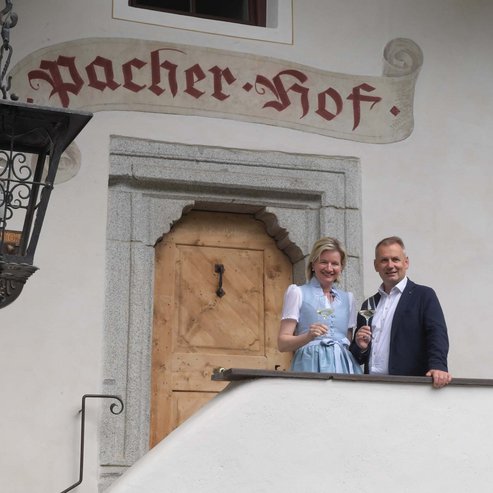
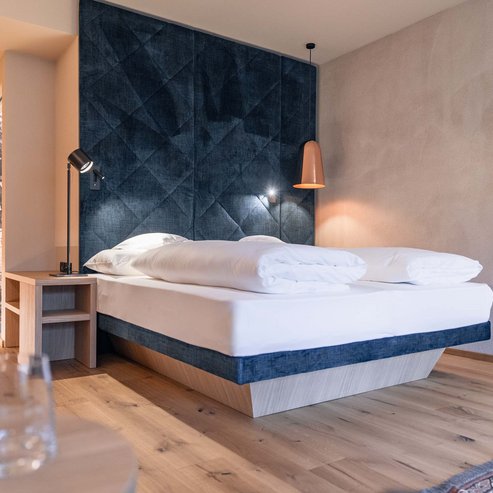
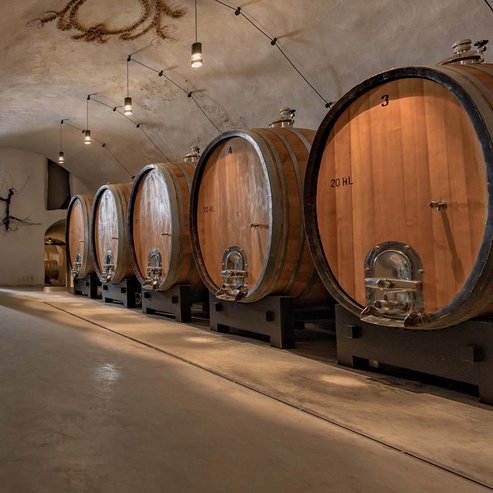
![[Translate to Englisch:] [Translate to Englisch:]](/fileadmin/_processed_/d/8/csm_20230525_201448_8b3ee1c631.jpg)
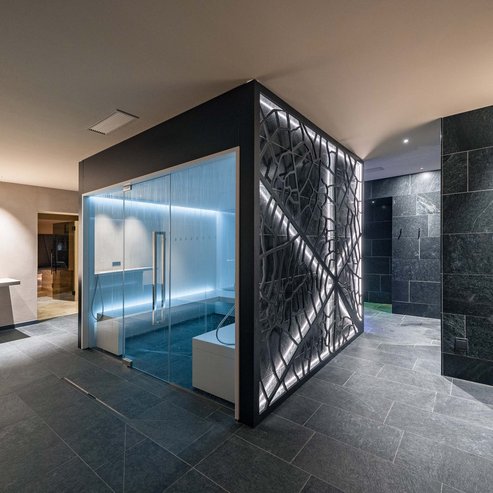
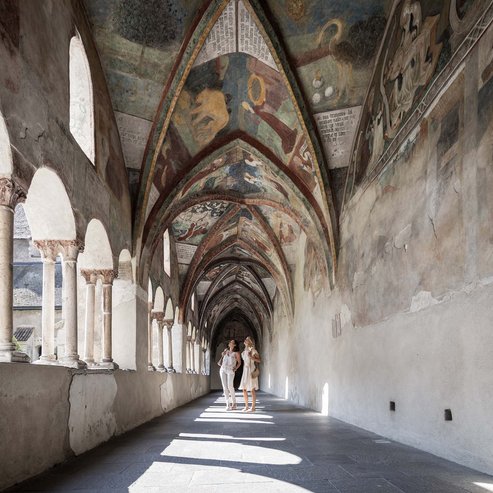
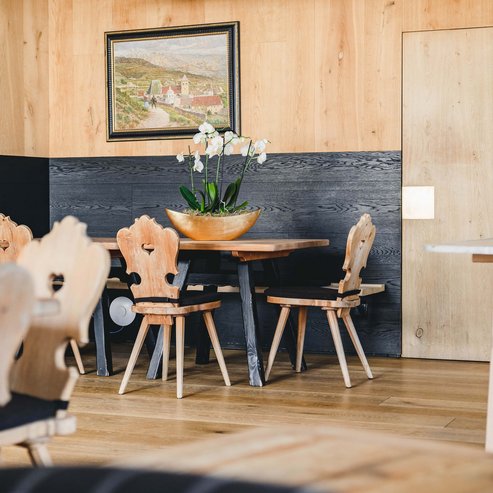
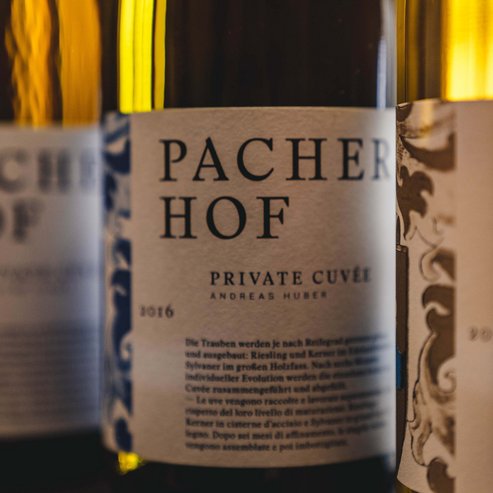
![[Translate to Englisch:] [Translate to Englisch:]](/fileadmin/_processed_/8/4/csm_DSC06123-Verbessert-RR-Bearbeitet_3e8b51e8ca.jpg)
![[Translate to Englisch:] [Translate to Englisch:]](/fileadmin/_processed_/2/6/csm_DSC04701_b00e2dd1cb.jpg)
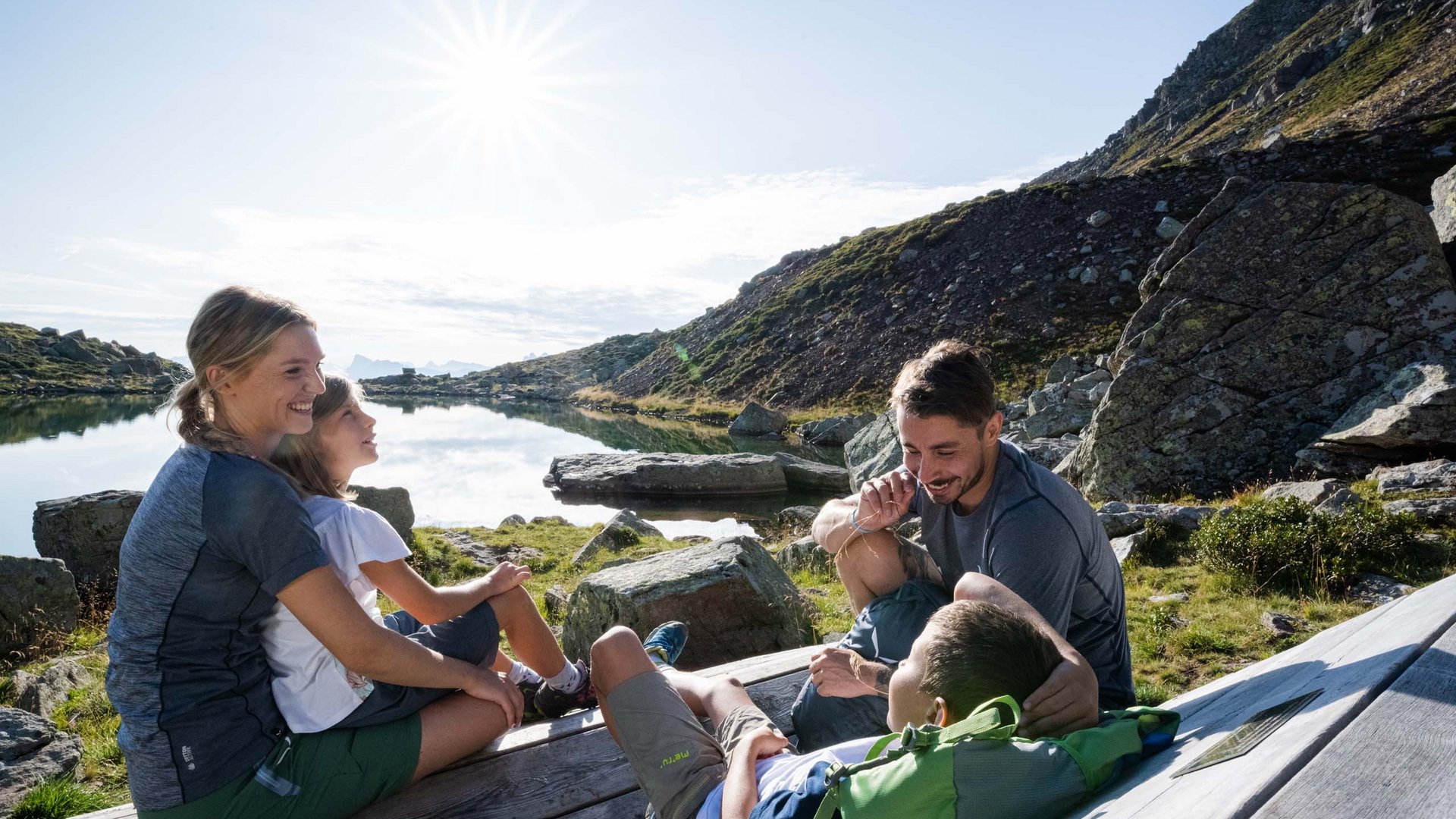
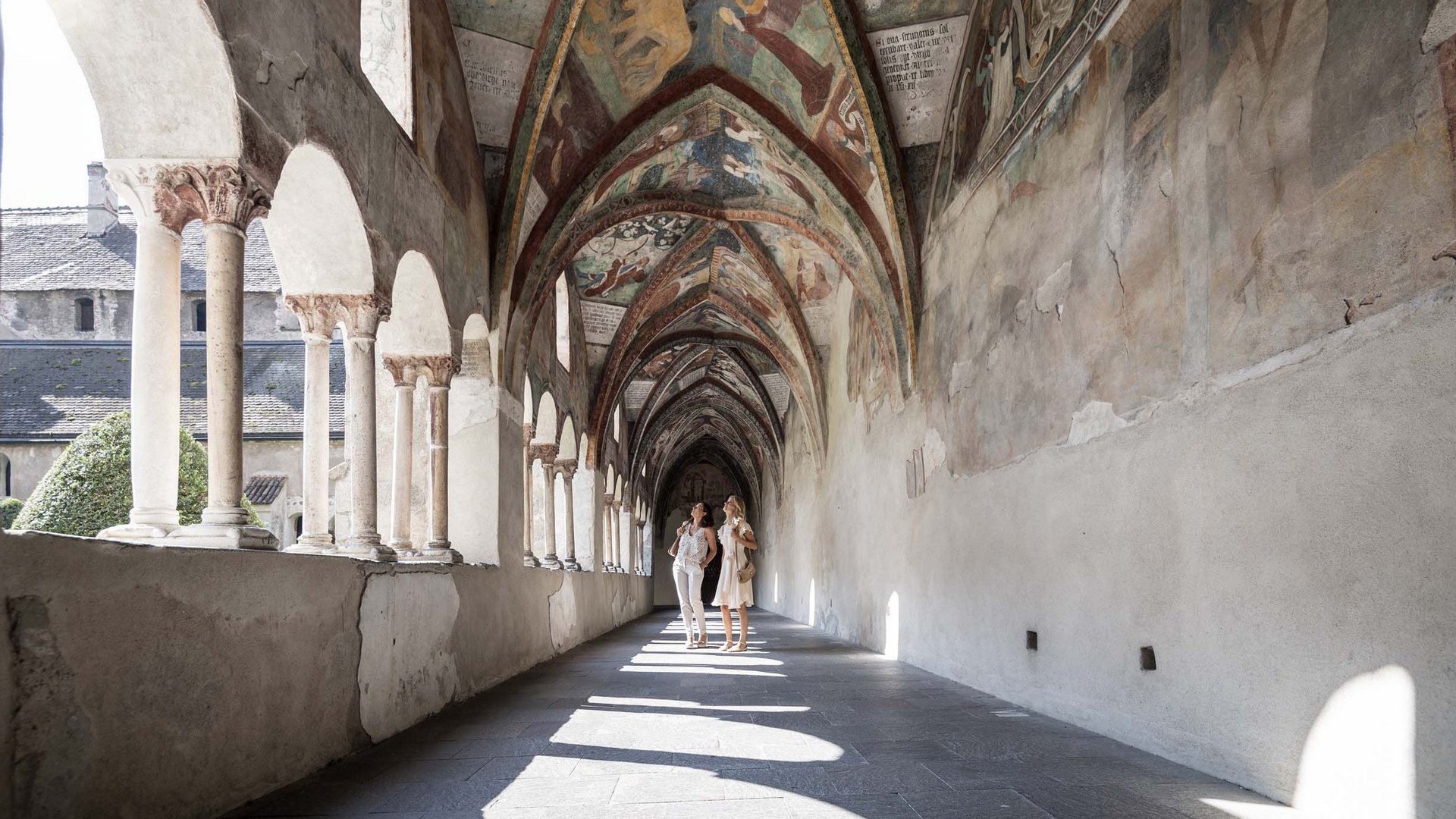
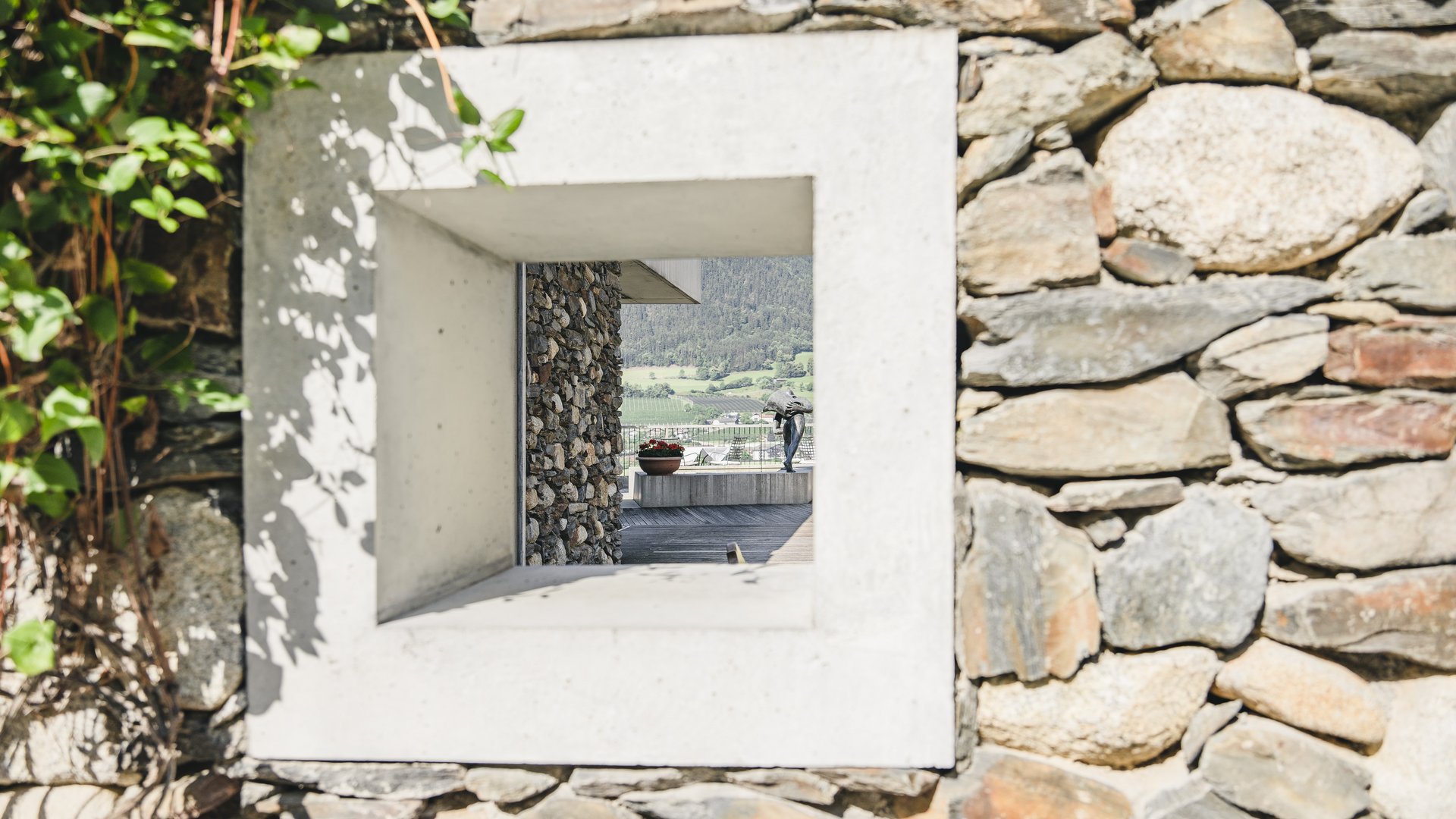
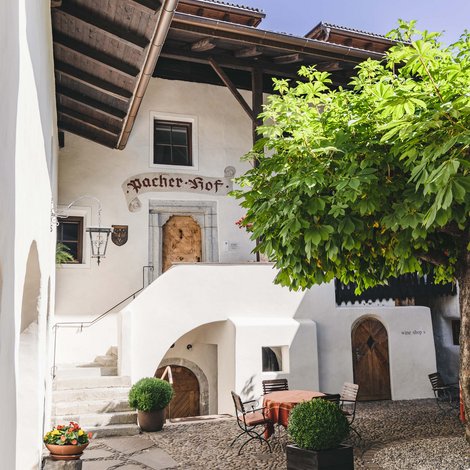
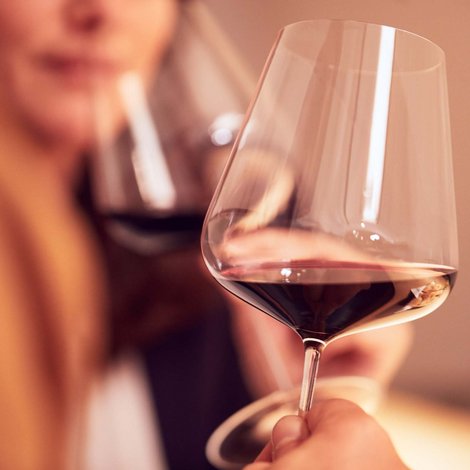
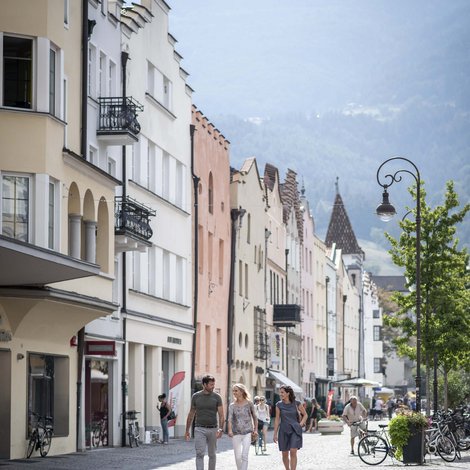
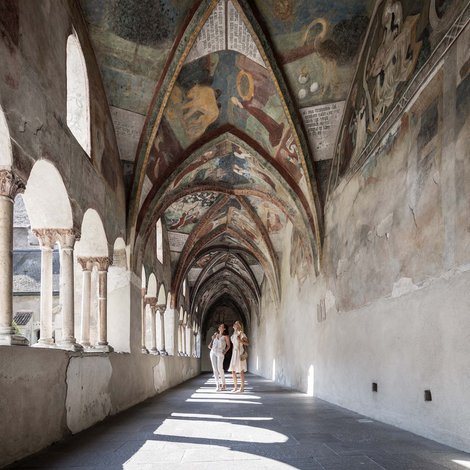
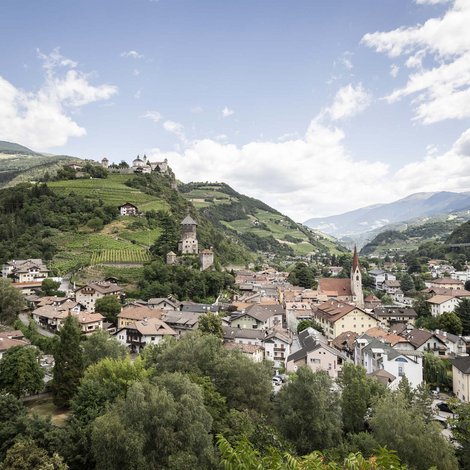
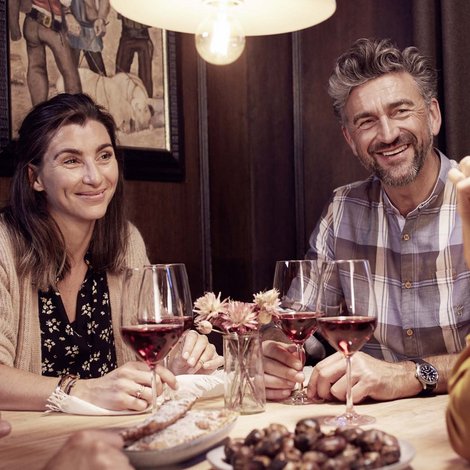
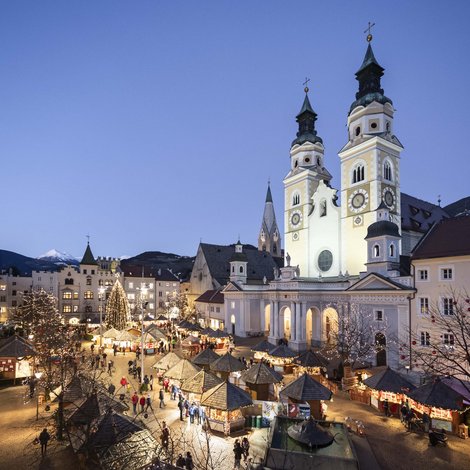
![[Translate to Englisch:] [Translate to Englisch:]](/fileadmin/_processed_/0/0/csm_NZ7_6487-Pano_druck__1__15c610f5b1.jpg)